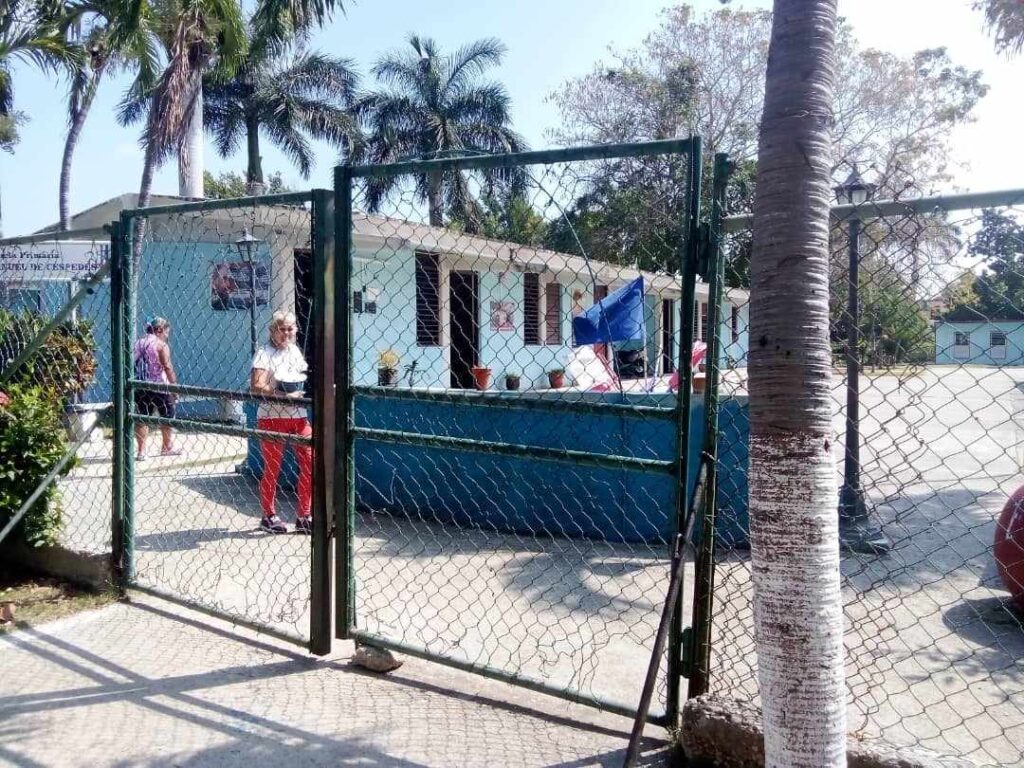
By Laura Gomez
HAVANA TIMES – Working as a cook in an elementary school is a profession that few want to pursue. Pilar Borroto, 62 years old, has spent her life with an apron on. She knows no other job that brings her more satisfaction.
HT: How did you end up in the kitchen?
Pilar Borroto: I studied until the 9th grade. I was never very smart, but I was very alert and hardworking. My parents didn’t oppose when I decided to leave school. They had noticed my lack of interest. I stayed at home helping my mother with the chores. A few years later, my aunt called me to help her in the cafeteria of the company where she was working.
Was it a workers’ cafeteria?
Yes, it was in the Playa municipality. I was 15 years old, and they didn’t allow me to enroll as an employee in the company at that age, so I started helping kind of hidden: washing dishes, washing vegetables, chopping salads. It was a job I enjoyed very much. I remember when I turned 19, the cafeteria manager asked me if I wanted to work legally. And of course, I accepted. I no longer had to hide when someone from the company visited.
Were the conditions of that cafeteria the same as they are now?
Of course not. Cleanliness was a priority. We wore boots, gloves, caps. We couldn’t work with painted nails, the uniform had to be impeccable. The kitchen utensils shone, as did the floor. What can I say about the kitchen, every month maintenance was done on it as well as on the extractors and drains. Actually, everything was very well stocked: beans, root vegetables, salads, meats, rice. On special occasions, ice cream, yogurt, and desserts were offered. There was no shortage of detergent, floor cloths, or gloves.
Safety and health were priorities for the kitchen and pantry workers. I tell you this because now the kitchen of a cafeteria, whether it’s for workers or a school, is a war zone. In the school where I am now, the manager gives us a little liquid detergent, and it must last until the following week. We have to get the gloves, buy boots so we don’t have wet feet, mend the caps or have them made by a seamstress, as well as the coats; we have to


